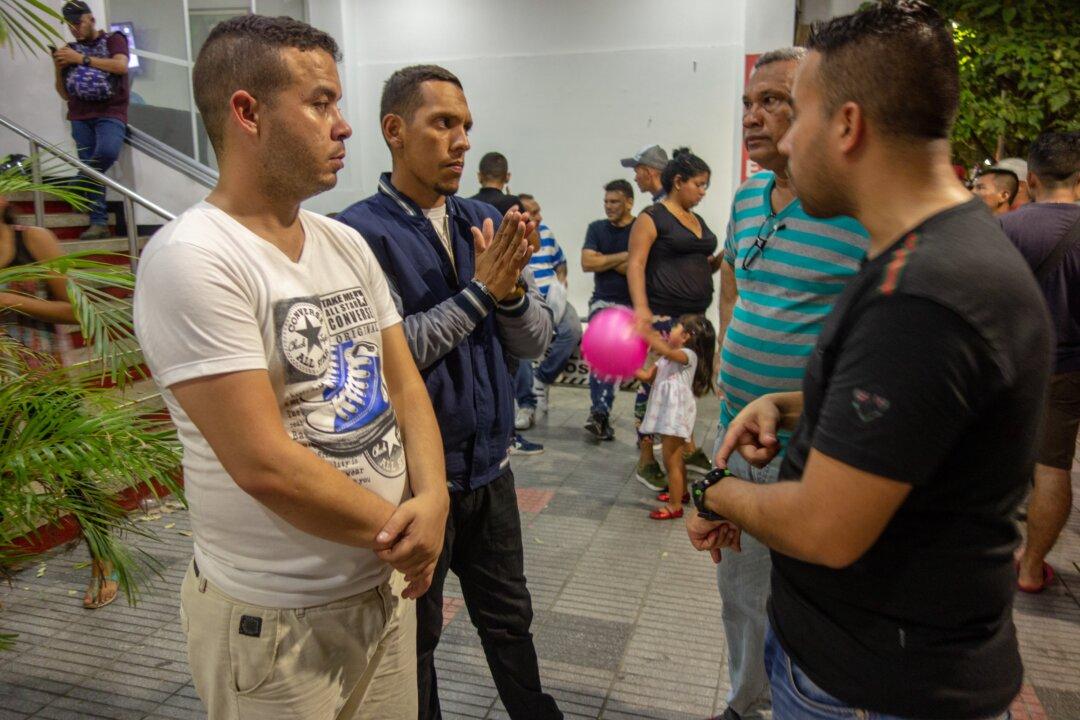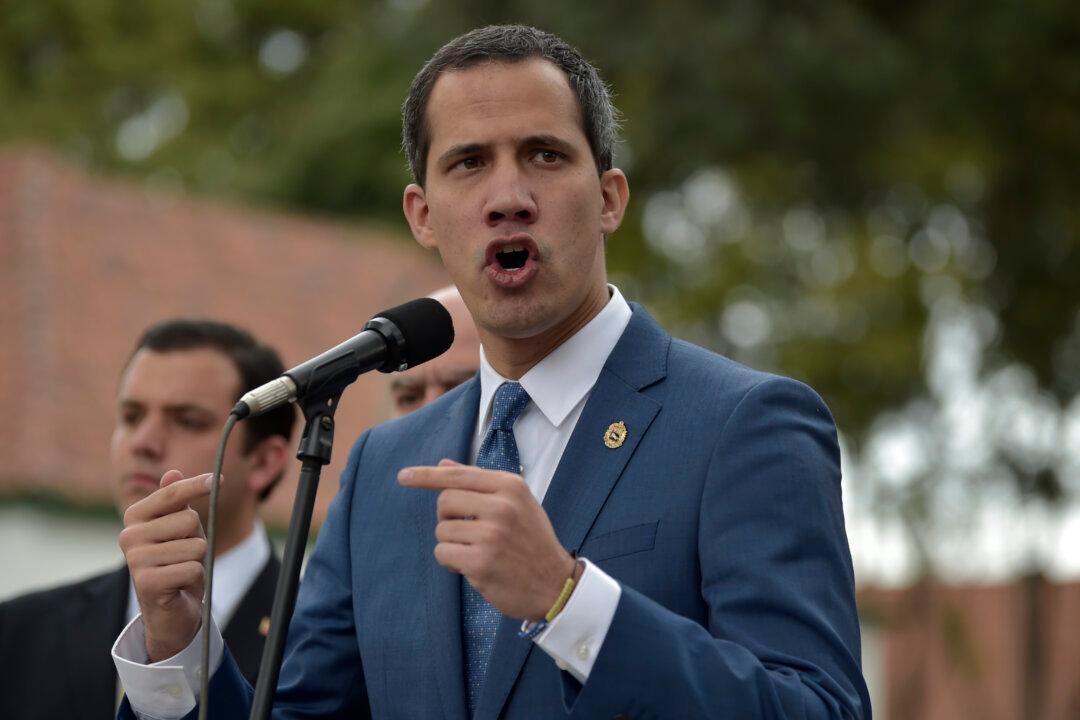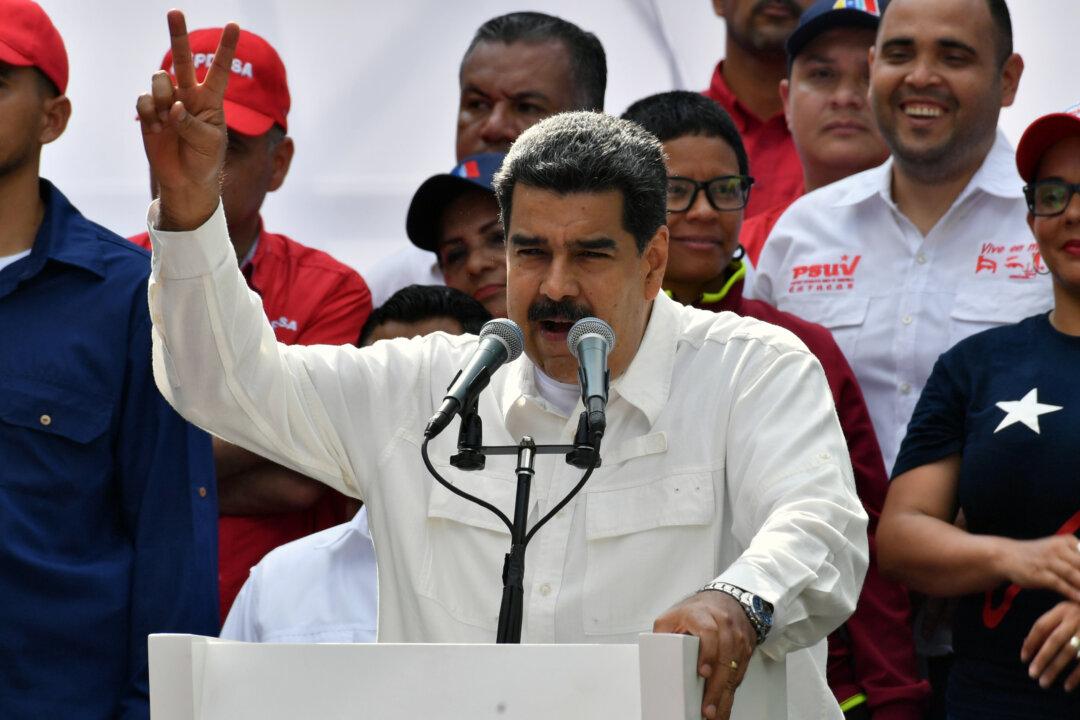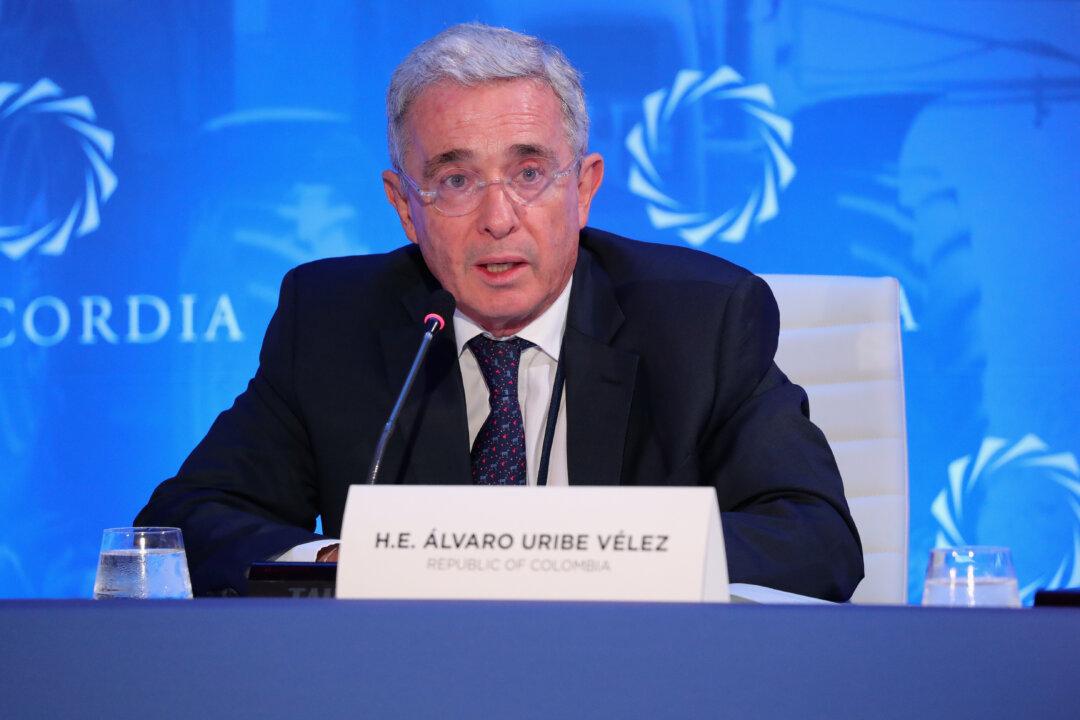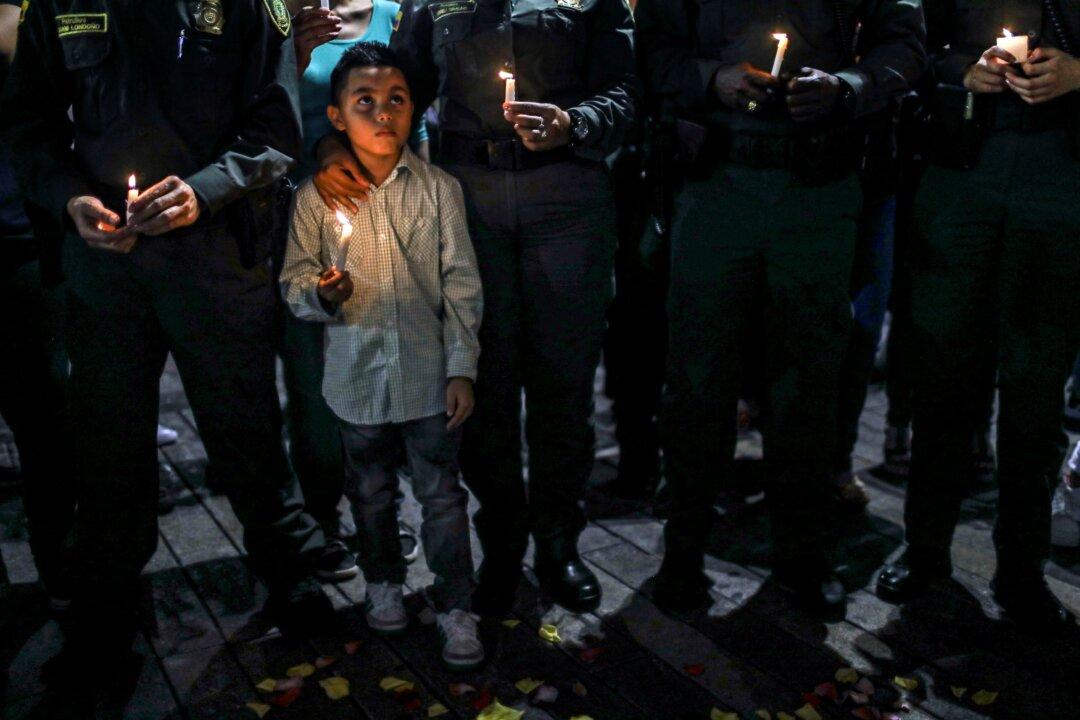CUCUTA, Colombia—Standing outside a budget hotel in Cúcuta’s humid and congested city center as night falls, Jefferson Del Río ponders what brought him to live in a Colombian border city, far from his family, and leave Venezuela’s National Guard after 13 years of loyal service.
Risking his own safety and that of his wife—“the love of my life,” he said—as well as his 1-year-old daughter and two sons, the 34-year-old admits the decision to desert his post wasn’t easy, but there were no options left.
